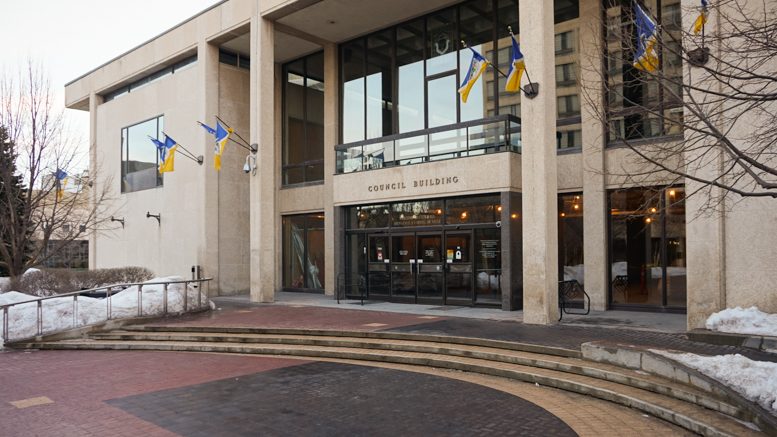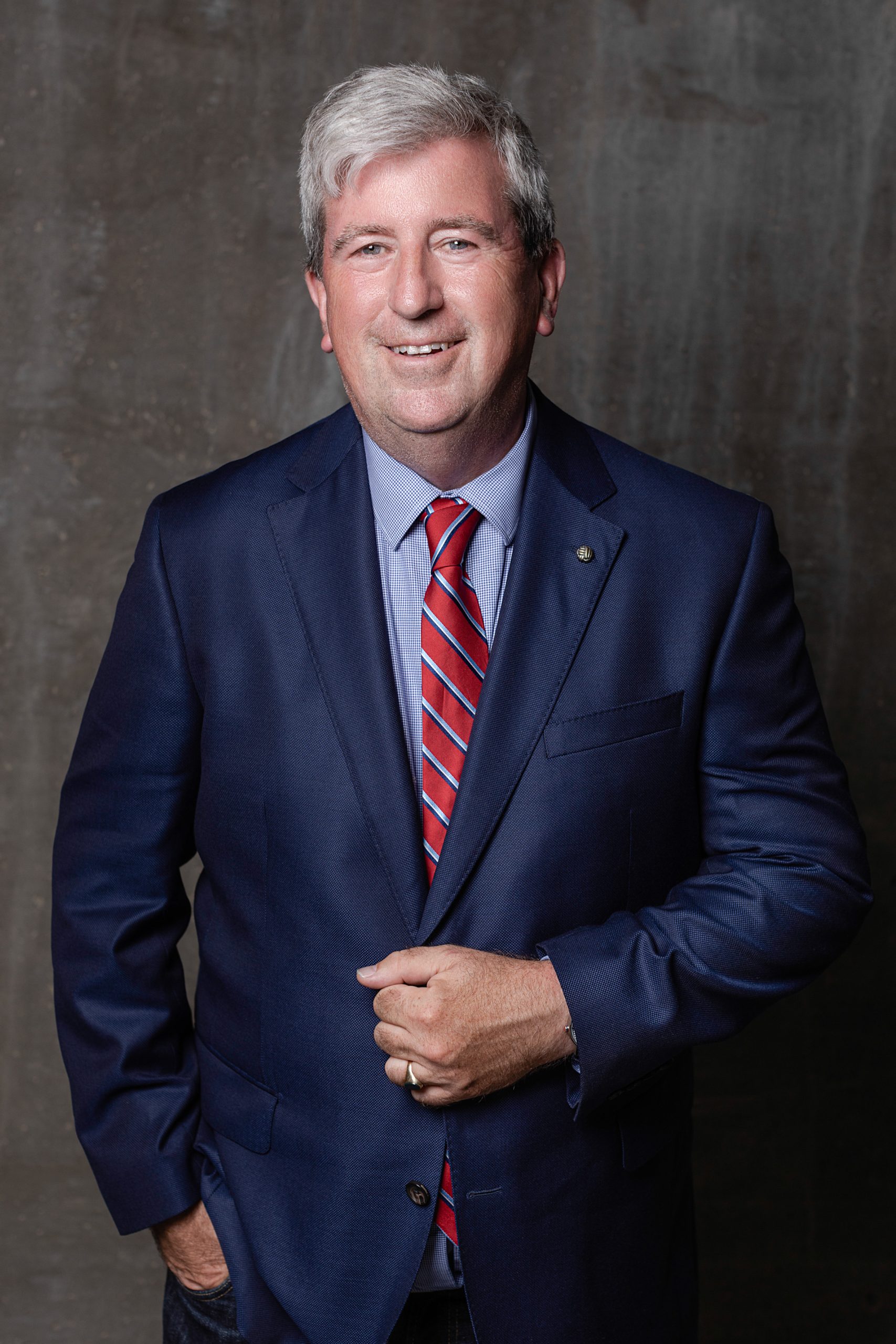
Glen Murray
Glen Murray, who served as mayor of Winnipeg from 1998 to 2004, is running again because he thinks “the city is facing a number of challenges that need some real leadership and imagination to address.”
Murray highlighted climate change, rapid transit, walkability of the city and replacing the police helicopter with a fleet of drones as key issues his campaign is focusing on.
He argued that drones would be less expensive and could operate longer than the helicopter, which would free up resources for other uses, such as more beat cops.
Murray said that when it comes to environmental issues, “real change happens with the city,” and argued that providing alternatives to cars such as rapid transit and making the city more walkable is crucial to addressing climate change.
“Livability of the planet is best protected at the city level,” he explained. “We can change the way we move, we can change the energy and electricity and heating and cooling that we see.”
“It’s much easier to get large scale environmental change at this community level than it is at a national or even a provincial level.”
Murray said the city needs to make transportation and housing costs cheaper for students by building affordable housing for students near their schools, and hopes that universities can “become more of a complete community, so that the residential components and the transit and transportation systems down there work well for students.”
He said the city should work with the provincial and federal government, alongside universities and colleges, to annually monitor the income and debt levels of students to “ensure that the housing projects in those areas are priced at a reasonable level for students.”
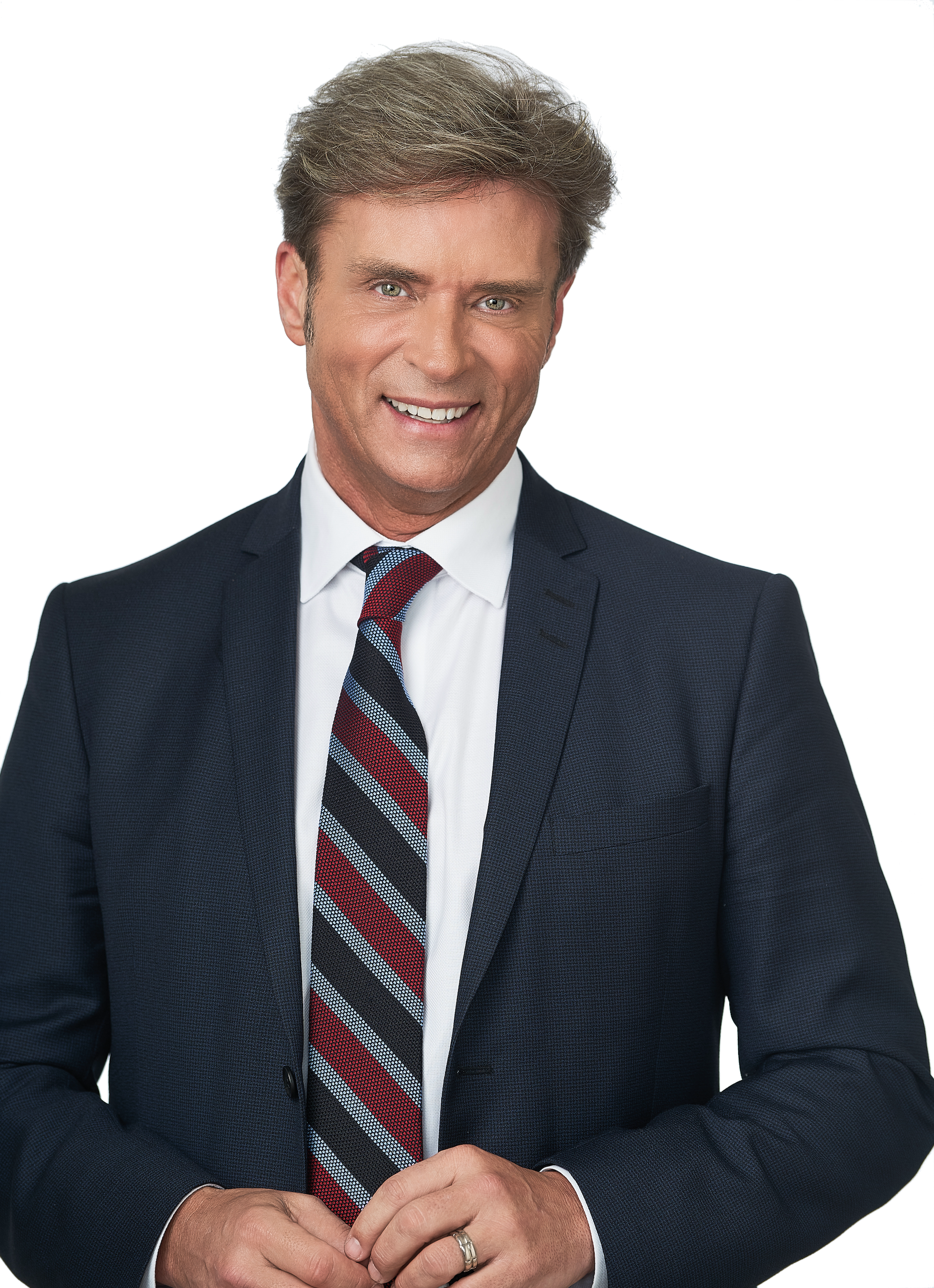
Kevin Klein
Kevin Klein, city councillor for Charleswood-Tuxedo-Westwood and former chair of the Winnipeg Police Board, has highlighted crime and homelessness as key issues he would address as mayor.
He said the city does not have enough police cars, and that he would address crime by redirecting police officers from tasks such as watching detainees in emergency rooms back toward responding to 911 calls.
Klein said he understands the “helplessness and fear” that comes with homelessness because of his own experience growing up in poverty and living in government housing. He added that he spent a brief stint living in a Salvation Army shelter.
He said he would declare homelessness a crisis, which he argued would “allow us to pull levers with the federal government” to fund accommodation trailers for the homeless similar to those utilized by cities in British Columbia, Ontario and Eastern Canada.
“That allows them, every homeless person, to have their own room and have a key to that room, but it also gives them an official address,” he explained. “With that official address, they can then apply for the funding that’s available.”
Klein said the city makes it “far too difficult” for young people coming out of school to start a business, especially with high crime rates leading to higher insurance costs.
“We have to think about the future, and our future is within young people, so we need to make life easier for them to get connected in the city, easier for them to open a business in the city.”
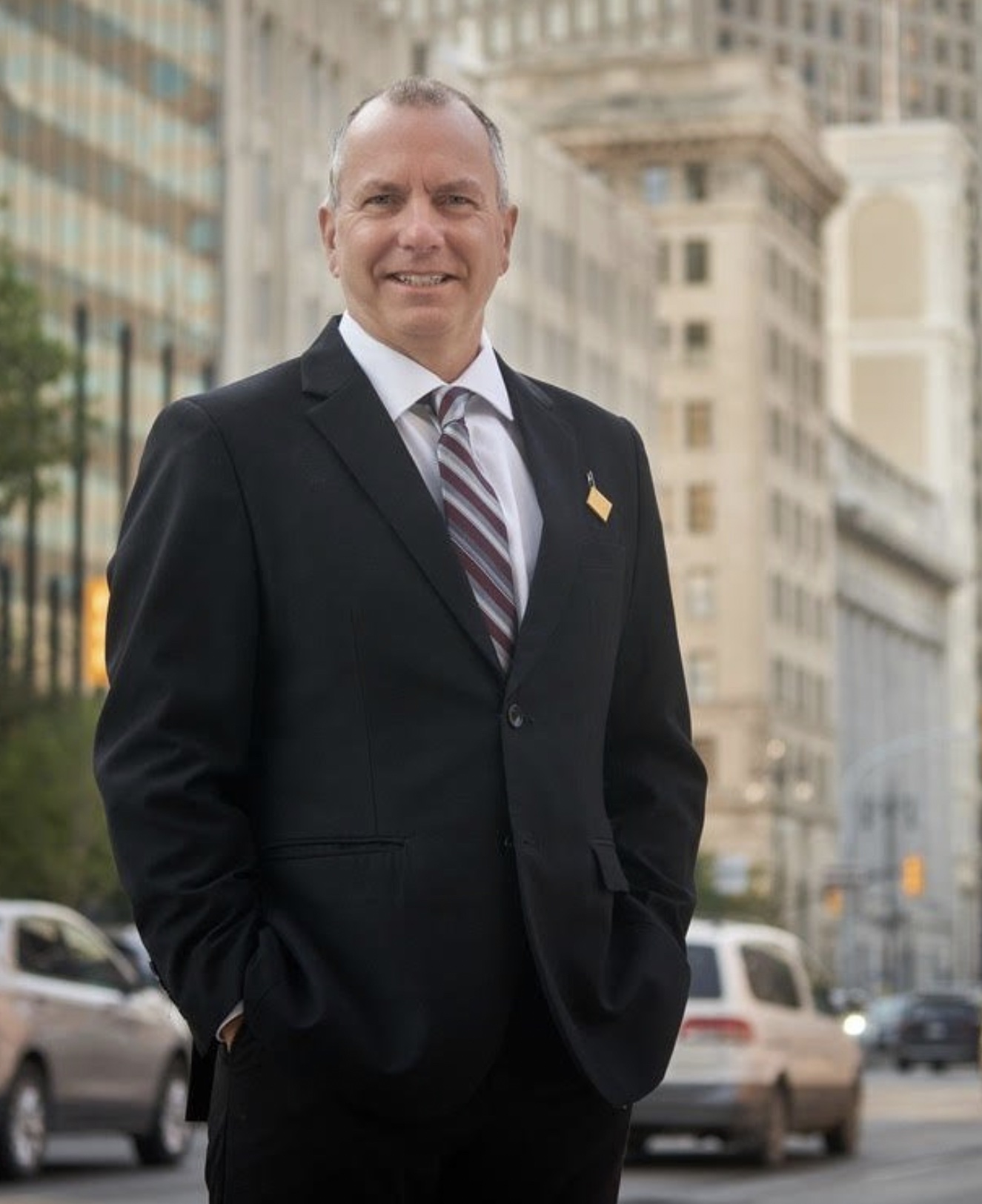
Shaun Loney
Shaun Loney, a Winnipeg businessman and former director of energy policy for the Manitoba government, said his plan to address homelessness would involve enlisting housing providers to help reduce the workload of emergency services.
Loney also wants to improve the city’s entertainment options by implementing a “nightlife mayor.” He said the new position would be responsible for overseeing Winnipeg’s nightlife, entertainment and arts and cultural sector.
“The arts and cultural sector is really vibrant, creates lots of jobs, brings tourists to Winnipeg and most importantly I think, gives young people a reason to stay here rather than leaving for other cities,” Loney said.
Winnipeg Transit is an area Loney thinks can also become more accessible. He wants to implement a one-fare system that would have smaller vehicles connect people to larger or more convenient transport hubs.
Loney said his experience in the social enterprise sector has prepared him to create opportunities for those who frequently have run-ins with the police, which he said when combined with his homelessness strategy should reduce police dispatches.
Loney wants to create jobs in the energy sector by increasing use of solar energy in homes, and adding gas pumps and public electric vehicle charging stations within the city.
Green infrastructure and the implementation of a tree trust, meaning that trees would be valued as infrastructure by the city, are also a key part of Loney’s environmental plan.
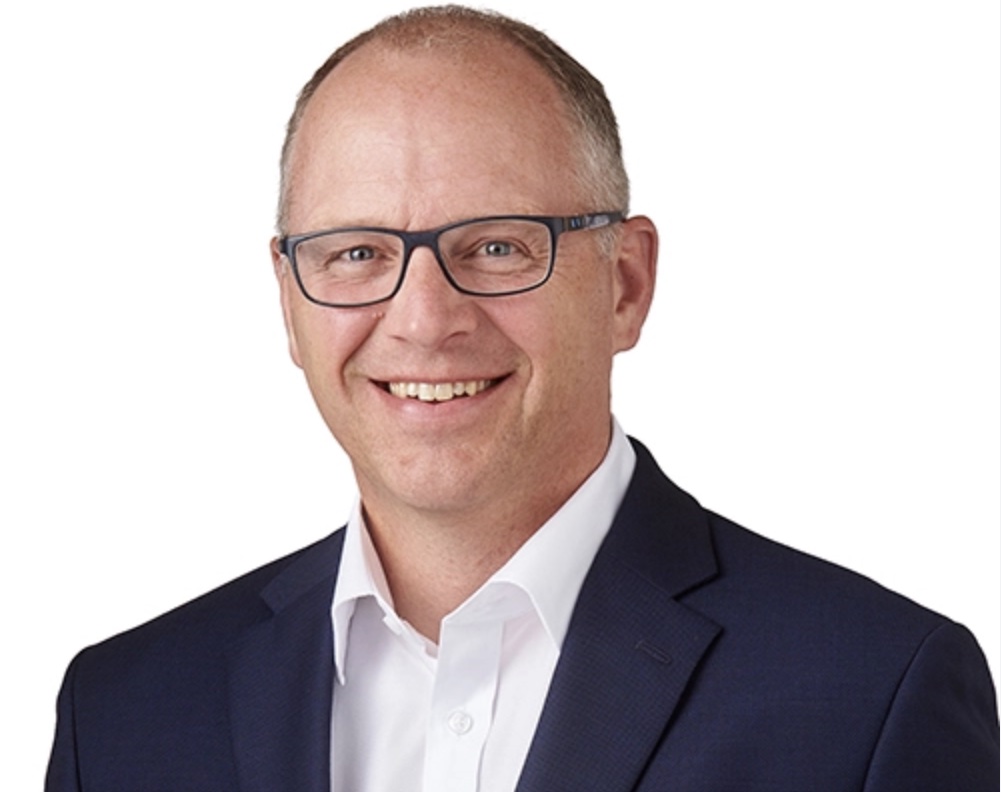
Scott Gillingham
The Manitoban reached out to Scott Gillingham’s team three times, and was told to expect a call from him for an interview about his campaign promises, but did not receive one.
Gillingham’s website says that he has served as St. James city councillor for eight years, and is also a current co-chair of the Winnipeg Metropolitan Region board. Past roles of his include chair of the Winnipeg Police Board and City of Winnipeg finance committee chair.
Gillingham has new plans for transport in the city. He wants to improve city streets by repairing roads, adding more bike paths and increasing pedestrian safety. Gillingham also wants to add more buses on the city’s busiest routes.
As mayor, Gillingham wants to make crime prevention a priority by reinstating cancelled police task forces. He also aims to create more housing and shelter options for people experiencing homelessness.
“Patio City,” a proposal by Gillingham to grant all restaurants in the city the right to have a patio, is part of a larger plan to promote Winnipeg’s strongest industries.
Also, underused commercial areas would be rezoned to create more multi-family housing near transit services.
Gillingham’s platform lists the 311 service and city hall as things he would like to fine tune and reorganize. He also wants to create a new city agency that will “retrofit buildings and generate green power.”
Additionally, community recreation will see bolstering from tax revenue.
